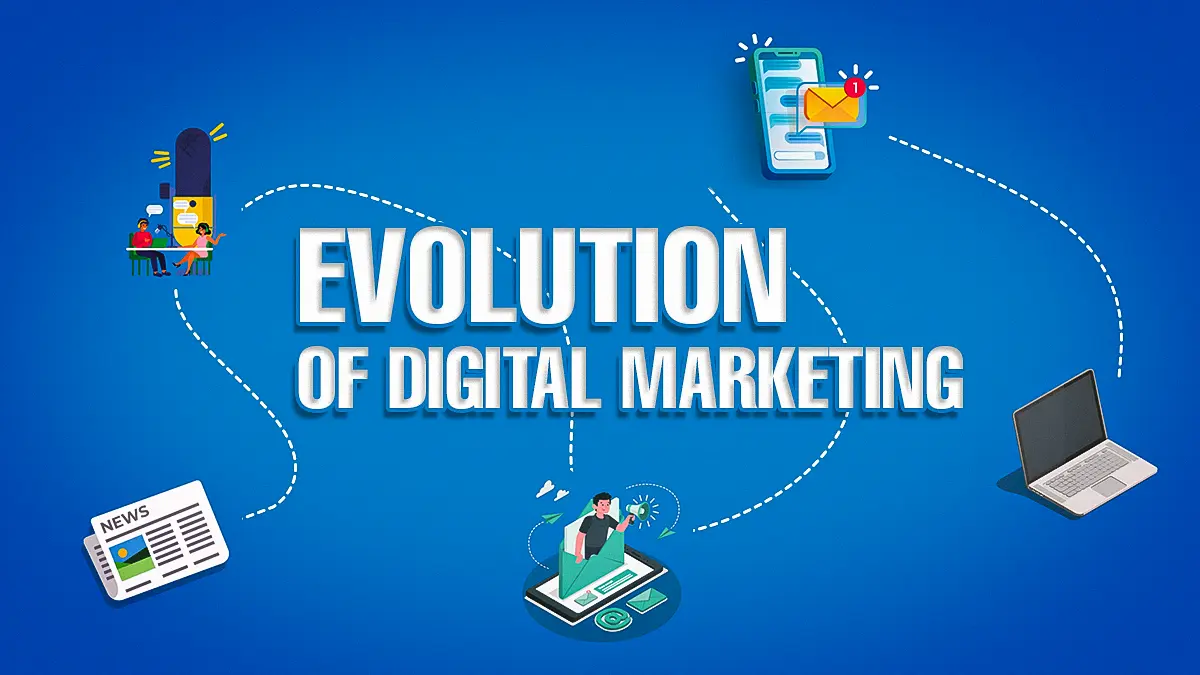
The Evolution of Digital Marketing Strategies
In the ever-changing landscape of digital marketing, strategies have continuously evolved to adapt to new technologies, consumer behaviors, and market dynamics. What began as rudimentary banner ads and email campaigns has transformed into a sophisticated ecosystem where creativity, data analytics, and consumer engagement intersect to drive business growth.
Early Days: The Birth of Digital Marketing
Digital marketing emerged alongside the internet in the late 20th century. Initially, brands leveraged simple tactics like email newsletters and static banner ads to reach online audiences. These methods, though novel at the time, lacked personalization and often resulted in low engagement rates. However, they laid the foundation for what would become a multibillion-dollar industry.
Rise of Search Engine Optimization (SEO) and Search Engine Marketing (SEM)
As search engines like Google gained prominence, marketers quickly realized the importance of visibility in search results. SEO and SEM strategies emerged, focusing on optimizing websites for organic search traffic and leveraging paid advertising through platforms like Google Ads. Keywords, backlinks, and content quality became crucial factors in determining search engine rankings, leading to the birth of SEO agencies and specialists.
Social Media Revolutionizes Digital Engagement
The advent of social media platforms such as Facebook, Twitter, and later Instagram and TikTok, transformed how brands interacted with consumers. Social media marketing became integral to digital strategies, offering unparalleled opportunities for targeted advertising, influencer partnerships, and real-time customer engagement. Brands could now build communities, amplify their messaging, and gather valuable insights from user-generated content.
Content Marketing: Educate, Entertain, and Engage
Content marketing emerged as a cornerstone of digital strategy, shifting focus from direct promotion to providing value through informative, entertaining, or inspirational content. Blogs, videos, podcasts, and infographics became powerful tools for building brand authority, driving traffic, and nurturing leads. Successful content marketing campaigns not only attract and retain customers but also foster loyalty by addressing audience needs and pain points.
Personalization and Data-Driven Insights
Advancements in data analytics and artificial intelligence have revolutionized digital marketing personalization. Brands can now harness user data to deliver hyper-targeted messaging and personalized experiences across channels. Through predictive analytics, marketers can anticipate consumer behavior, optimize campaigns in real-time, and maximize return on investment (ROI).
The Mobile-First Era and Beyond
The proliferation of smartphones has ushered in a mobile-first era, where optimizing content and ads for mobile devices is no longer optional but essential. Mobile marketing strategies, including app-based advertising, location-based targeting, and mobile-responsive design, have become critical components of digital campaigns.
Looking Ahead: AI, Voice Search, and Beyond
As technology continues to evolve, so too will digital marketing strategies. Artificial intelligence and machine learning are poised to further revolutionize how marketers analyze data, automate tasks, and deliver personalized experiences at scale. Voice search optimization, augmented reality (AR), and virtual reality (VR) present new opportunities for immersive brand experiences.
